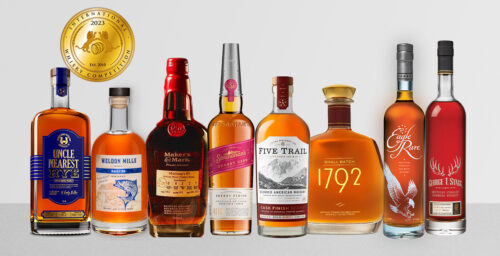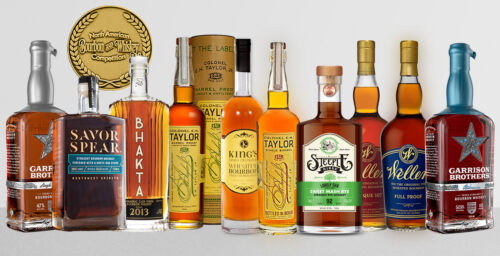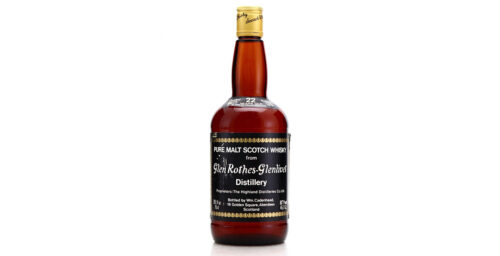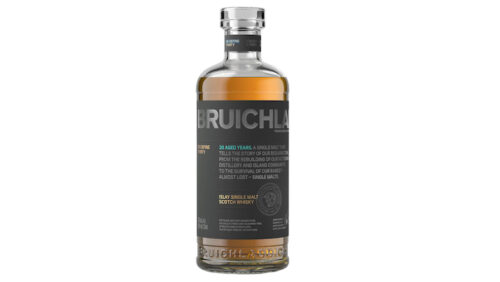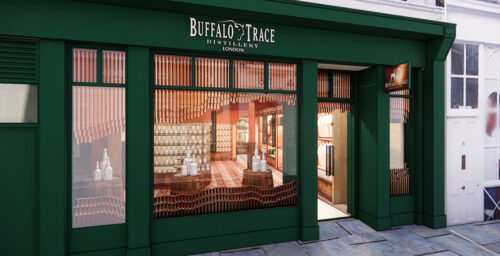Irish Distillers and Heineken Ireland recently came together for a three-year partnership aimed at supporting malting barley farmers, adopting regenerative agricultural practices on their farms.
The project is part of a global collaboration started by Heineken and Pernod Ricard on the resilience of agricultural raw materials.
A statement from the partnership team noted that information gleaned from the Irish study, including information on the environmental impact of the measures adopted, will be shared and leveraged by both companies to inform sustainability strategies for other raw materials.
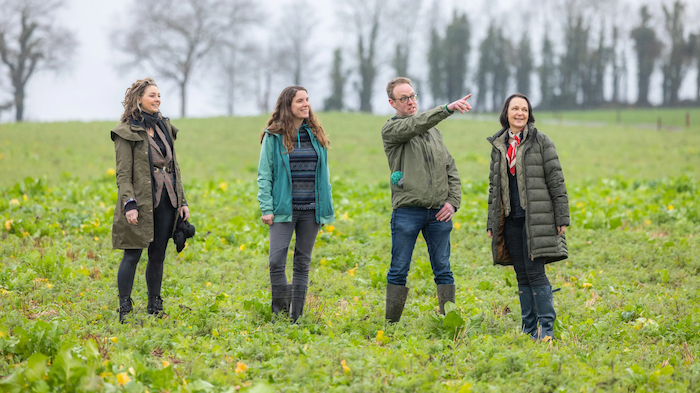
The aim of the initiative, according to the statement, is to support each farm’s transition towards regenerative agriculture and share this knowledge with other farmers. Ultimately, the goal is to improve the economic and climatic resilience of malting barley farming in Ireland.
In order to do so, the project will look to improve soil health and carbon retention, increase biodiversity, improve water quality, and improve the livelihoods of farmers through the adoption of a series of regenerative agricultural practices.
And to do that, they must minimize soil disturbance, increase crop diversity, increase soil cover by maintaining living roots all year round, and reduce chemical inputs.
Various metrics will be measured in participating farms, such as soil cover, fertilizer usage, water infiltration, and profitability.
A report detailing the performance of each farm against defined indicators, as well as areas for improvement, will be shared with each farmer so the impact of the new farming practices can be assessed.
An annual report will also be made publicly available to track progress, share learnings, and share best practices. A financial incentive will be provided to farmers to support the cost of implementation and in-field experiments.
The Irish drinks industry is supported annually with grain production from more than 2,000 farmers producing approximately 300,000 tons of grain from approximately 45,000 hectares.
“At Irish Distillers, we have a proud history of buying quality grain from Irish farmers to produce our whiskeys,” said Kathryn D’Arcy, communications and corporate affairs director. “In line with the Pernod Ricard 2030 Sustainability & Responsibility roadmap ‘Good Times from a Good Place,’ we are committed to working in partnership with our suppliers to develop regenerative agricultural practices that enhance natural ecosystems and respond to the challenges of climate change.”
She noted that the global program is being piloted in Ireland and will run for three years, and along with their partners, “we are keen to demonstrate the potential impact of the program and assess its potential for roll out in other countries.”
Avril Collins, corporate affairs director at Heineken Ireland, explained that Heineken’s one of the first global brewers to have made a pledge for net zero carbon emissions across the value chain by 2040.
“Working with the source of our main ingredients is key to understanding how we can reach this goal, as agriculture accounts for 33% of our global footprint,” she said. “Over the past two years, Heineken has developed a global Low Carbon Farming program that focuses on carbon reduction. Pilots in this program in 2021 show an average 25% CO2 reduction and 40% increase in CO2 sequestration during the farming process.”
“We greatly appreciate that this journey requires many players to work together, so we are delighted to be partnering with our peers in Irish Distillers,” Collins added.


